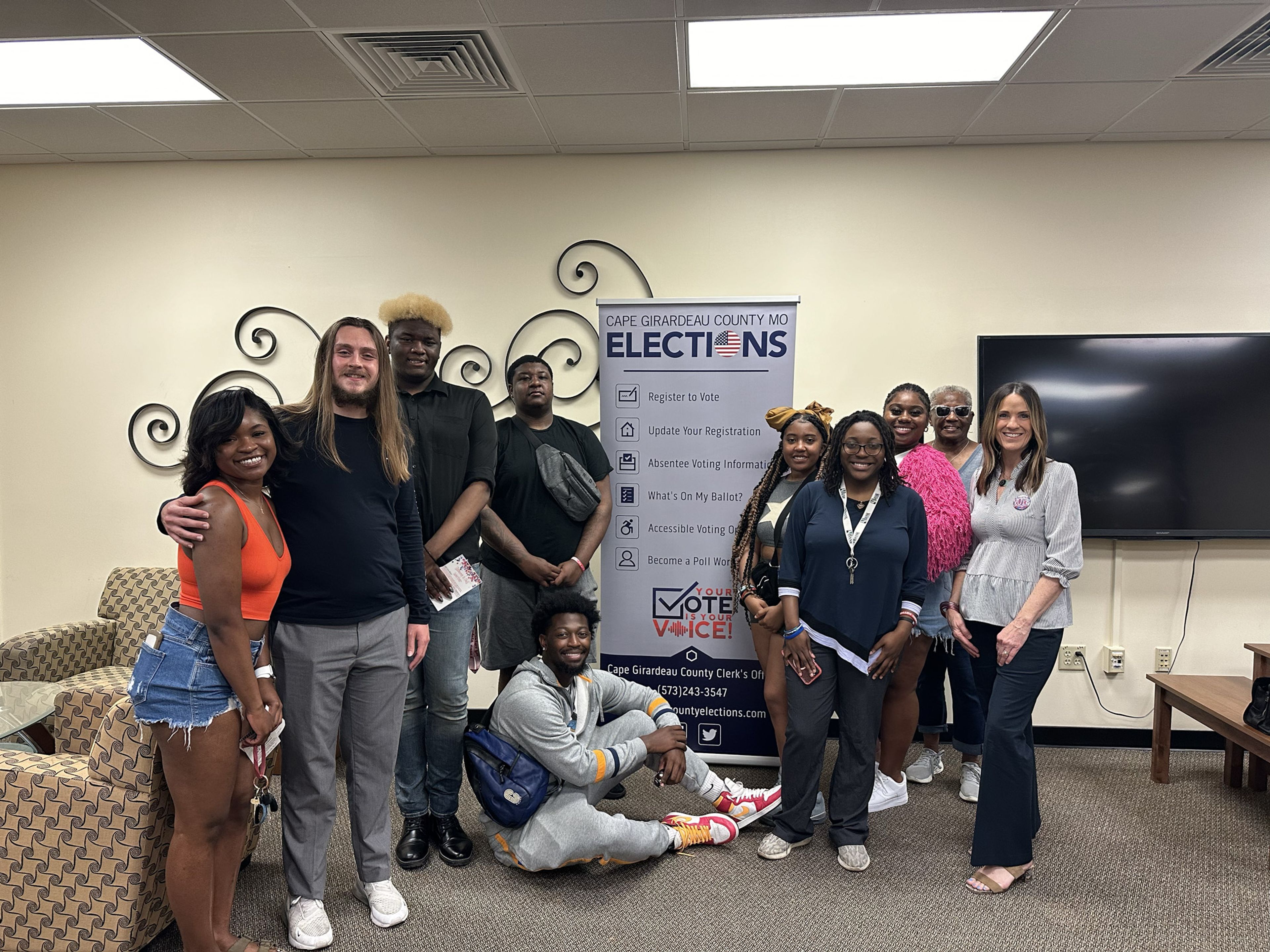A Cape Girardeau Driving While Intoxicated case has made it all the way to the Supreme Court. In McNeely v. Missouri, the Supreme Court will decide if the extraction of blood evidence without a warrant is a violation of the fourth amendment rights of Driving Under the Influence suspects.
Tyler G. McNeely was pulled over in Cape Girardeau by a state trooper in October of 2010 and was accused of driving under the influence. He was asked to take four roadside sobriety tests, which he failed according to the police report. He then refused to take an on-site Breathalyzer test.
McNeely was transported to a medical clinic without warrant to have his blood taken. His blood test revealed that his blood-alcohol level was more than twice the .08 limit, and he was subsequently arrested for DUI.
A trial court decided to exclude the blood test evidence after McNeely's attorney argued it was taken both without a warrant and without his client's consent. An appellate court used the 1966 Supreme Court case Schmerber v. California as a precedent to overturn this exclusion. Schmerber v. California found that there are certain instances where a police officer may order the testing of a suspect without violating his fourth amendment rights. The issue of extracting blood evidence from DUI suspects eventually went before the Missouri Supreme Court, which overturned the appellate court and excluded the blood test evidence
Gordon Glaus, a Cape Girardeau attorney who specializes in DUI cases said he has had many cases like McNeely v. Missouri where he has been successful in getting blood evidence stricken from the record because it was taken without a warrant. Glaus said that the Missouri law enforcement officials are trying to use the Schmerber v. California case to prove their right to get evidence is more important than an individual's fourth amendment rights. He feels that the Missouri Supreme Court was correct in its decision and hopes the United States Supreme Court will follow suit.
"Shmerber v. California is a case they are asking to the court to expand in its holding," Glaus said. "Shmerber v. California involved a car accident where the driver was taken to the hospital and because of the hospital and the ambulance time and the fact that the driver had to be treated for injuries, they weren't going to be able to get a search warrant or otherwise test for a blood-alcohol content. And the officers went ahead and had the doctor on staff draw the blood. The Supreme Court allowed it in this case because of the unique circumstances."
Southeast Missouri State University Law Enforcement Academy Director and former Cape Girardeau Police Chief Carl Kinnison said that prior to 2010 it was standard operating procedure to get a warrant to draw blood in DUI arrests, but then the law was rewritten to make it appear that probable cause was enough for an officer to extract blood.
"Certain jurisdictions are speedier or quicker about being able to obtain a warrant," Kinnison said. "The focus here is on the natural dissipation of blood alcohol from someones blood stream. If it takes two hours, for example, to get a search warrant, somebody may be considered legally intoxicated when they are arrested but two hours later they may be under the limit. It deals with natural dissipation of alcohol and whether or not that constitutes an emergency, which would constitute an exemption from the fourth amendment."
Kinnison said that in some circumstances an officer may lose evidence in waiting to obtain a search warrant in certain cases, so using probable cause may be more effective in certain cases.
According to Lt. John Davis of the Cape Girardeau Police Department, officers must follow certain procedures before subjecting suspects to a blood or saliva test.
"The four possible tests are blood, urine, breath and saliva," Davis said. "The breath test is the quickest and easiest. We can do that right in house and get quick results. We have approved instruments by the Missouri Department of Health to take sample of the breath alcohol content immediately. The next two, blood or urine, are fairly simple to obtain, however getting those results involves the substances having to be submitted to the crime lab, so there is a lag in time for test results of blood and urine."
Davis said that if a person is suspected to be on other drugs or refuses a Breathalyzer test, then blood or urine tests have to be used to confirm intoxication. Kinnison said that only around 5 percent of Cape Girardeau DUI cases require blood extraction.
"In the past we have always gotten search warrants," Davis said. "We would contact the prosecutor, and he would complete a search warrant information application. We would find a judge and wake that judge up, get him to sign it, then we would take that person to the hospital or to a medical clinic and [get someone] to draw that blood. That takes time and alcohol and drugs are being metabolized through the body. After the law was changed, it was determined in some [law enforcement officials'] opinions that we wouldn't have to get a search warrant, and we would get a more accurate account of how much alcohol or drugs, or identify how much drugs, are in persons body by getting those results quicker."
Davis said that the way the law currently is written it seemed to many officers that getting blood evidence in certain circumstances on suspicion alone was enough because of how fast the body metabolizes alcohol, which is about .012 percent an hour. But since the McNeely case, Davis said the Cape Girardeau Police has gone back to obtaining warrants until the Supreme Court makes a decision.
"On the one hand extracting someone's blood is one of the most intrusive things you can do," Kinnison said. "If you look at the fourth amendment, the whole amendment is designed to protect persons from unlawful searches and seizures. I think in a perfect world a warrant would be appropriate. The problem is the dissipation of alcohol from the bloodstream."
The case went before the United States Supreme Court last month, and a ruling is set to be made this summer.




